A Comprehensive Analysis of the Economic Impact of Oil Rig Operations
Oil rig operations are critical to the world economy, contributing significantly to both the national and international economies. These operations include the discovery, extraction, and processing of crude oil, which is a critical energy source for a variety of businesses. Oil rig operations have an economic impact that extends beyond the energy sector, influencing employment, government revenue, and general economic growth.
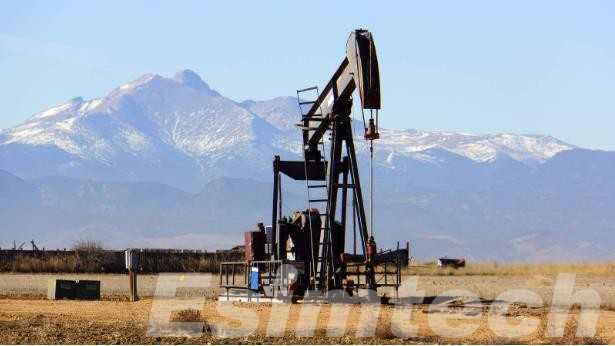
What are the Key Economic Impacts of Oil Rig Operations
1. Employment Opportunities
One of the most direct and immediate economic impacts of oil rig operations is the creation of employment opportunities. Oil rig projects require a diverse workforce, including engineers, geologists, technicians, and support staff. Additionally, the construction and maintenance of oil rigs generate jobs in manufacturing, transportation, and other related industries. The influx of employment not only boosts local economies but also has a ripple effect on various sectors.
2. Revenue Generation
The generation of job possibilities is one of the most obvious and immediate economic effects of oil rig operations. Engineers, geologists, technologists, and support personnel are all needed for oil rig projects. Furthermore, the building and maintenance of oil rigs create jobs in manufacturing, transportation, and other associated businesses. These funds can be crucial for funding public infrastructure, social programs, and other essential services.
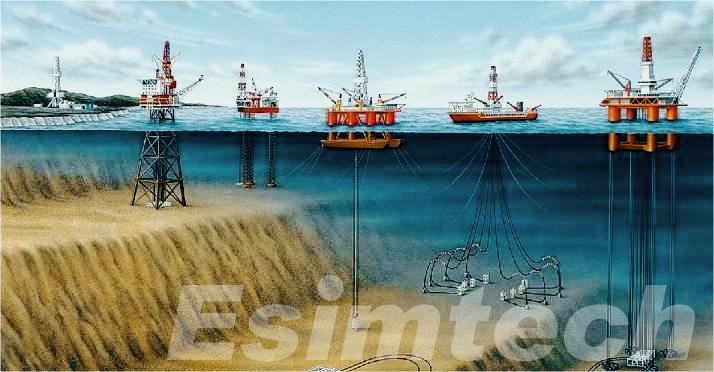
3. Infrastructure Development
Oil rig operations have a significant economic impact on infrastructure development. The requirement for transportation, storage, and pipelines to carry extracted oil adds to the expansion of supporting businesses. This, in turn, leads to higher investments in infrastructure projects, boosting the region’s overall economic development.
4. Economic Diversification
Countries that rely largely on oil exports may face economic difficulties as a result of price changes and geopolitical considerations. Strategically managed oil rig operations, on the other hand, can act as a catalyst for economic diversification. Oil revenues can be reinvested in other industries such as technology, education, and healthcare, minimizing reliance on a single industry and fostering long-term economic stability.
5. Technological Advancements
Exploration, extraction, and environmental protection are all pushed forward by oil rig operations. Innovative technology not only increases the productivity and safety of oil rig operations, but it also has broader applications in other industries. Transferring technology and skills can help the whole technology sector grow by encouraging innovation and competitiveness.
6. Environmental Considerations
While discussing the economic impact of oil rig operations, it is crucial to address environmental considerations. Oil spills, air pollution, and habitat disruption can have negative effects on ecosystems and local communities. Balancing economic benefits with environmental sustainability is essential to ensure the long-term viability of oil rig operations and mitigate potential negative impacts.

How Simulation Technology Affects the Economic Impact of Oil Rig Operations
Simulation technology has emerged as a transformative force in various industries, and the oil and gas sector is no exception. In the context of oil rig operations, simulation technology plays a pivotal role in optimizing processes, enhancing safety, and ultimately impacting the economic aspects of this crucial industry.
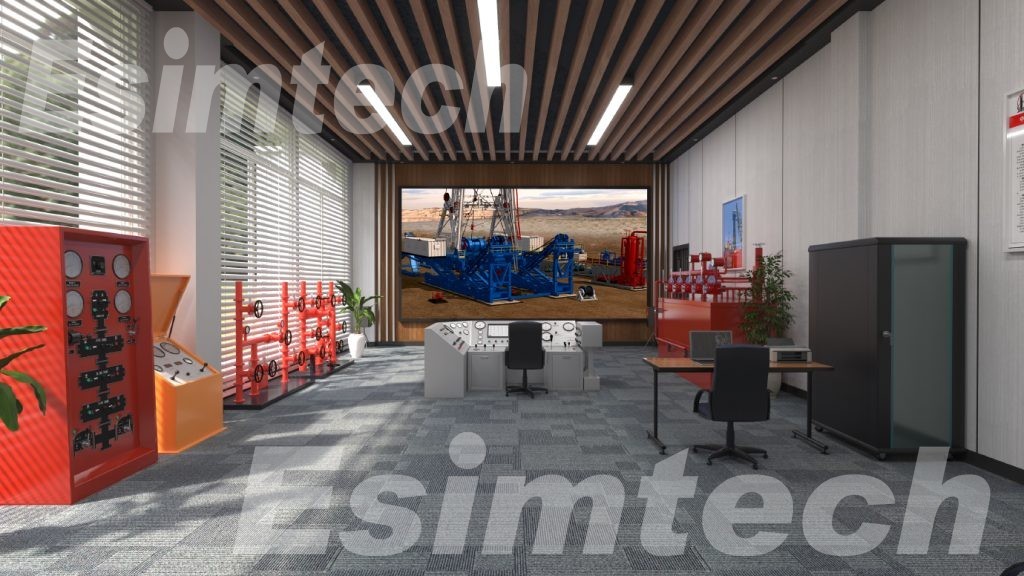
1. Improved Efficiency and Productivity
Virtual models that simulate the complex environments and processes of oil rigs can be created using simulation technologies. Operators can use drilling simulation system to examine and optimize many parts of the drilling, extraction, and maintenance processes. This improves efficiency and productivity by decreasing downtime and improving overall output of oil rigs. Enhanced operational efficiency directly contributes to the economic performance of oil rig operations by maximizing the extraction of valuable resources.
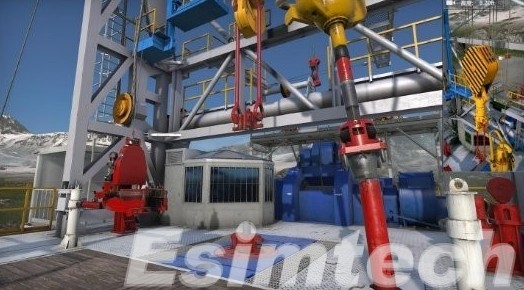
2. Cost Reduction and Risk Mitigation
Simulations provide a platform for oil rig operators to assess different scenarios and identify potential risks before they occur in real-world situations. This proactive approach helps in developing effective risk mitigation strategies, reducing the likelihood of accidents and costly operational failures. By identifying and addressing potential issues through simulation, oil rig operators can significantly cut down on unplanned downtime and maintenance costs, positively impacting the economic viability of their operations.
3. Training and Skill Development
Simulation technology is a valuable tool for training personnel involved in oil rig operations. Virtual reality (VR) and augmented reality (AR) simulations enable realistic and immersive training experiences for workers, allowing them to familiarize themselves with equipment, emergency procedures, and complex operational scenarios. Well-trained personnel are more adept at handling challenges and emergencies, reducing the likelihood of accidents and improving overall operational efficiency. This, in turn, contributes to the economic success of oil rig operations by minimizing human error-related costs.

4. Remote Operations and Monitoring
Remote monitoring and management of oil rig operations is now possible because to advances in simulation technology. Real-time data can be collected and evaluated using simulations using sensors, enabling for remote decision-making. This not only improves safety by minimizing the requirement for on-site physical presence, but it also reduces operating costs associated with travel and on-site employment. Remote monitoring and control help to reduce the economic effect of oil rig operations by increasing resource allocation and overall operational flexibility.
5. Environmental Impact Mitigation
Simulation technologies can also help to solve environmental issues related to oil rig operations. Virtual models can mimic potential environmental repercussions, allowing operators to assess and adopt mitigation measures. Oil rig operators can reduce the danger of regulatory fines and legal challenges by proactively addressing environmental concerns through simulation, protecting the long-term economic viability of their operations.
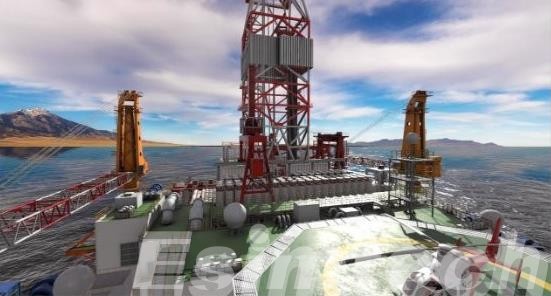
Conclusion
The economic impact of oil rig operations is multifaceted, influencing employment, government revenue, infrastructure development, and technology breakthroughs. While bringing substantial economic benefits, it is critical to implement sustainable methods and address environmental concerns.
Simulation technology has transformed the oil and gas industry, altering the landscape of oil rig operations. The beneficial economic benefits of oil rig operations are predicted to substantially boost the sustainability and profitability of this key sector as the industry continues to adopt and integrate this modern technology.
